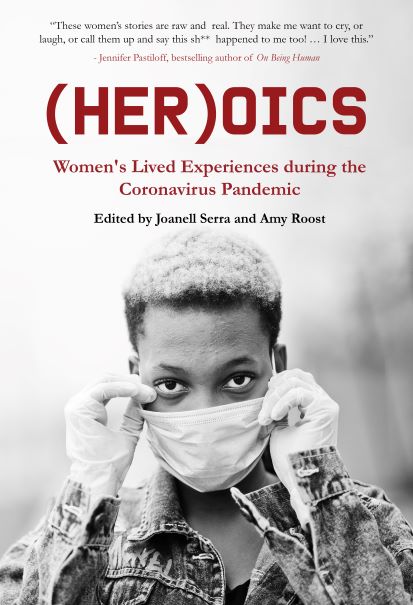All in her Head: The Truth and Lies Early Medicine Taught us about Women’s Bodies and Why it Matters Today by Elizabeth Comen, M.D. This is a comprehensive review of women’s health issues and how the medical profession has given them short shrift for hundreds of years. While the author can’t help being a little snarky about some of the male doctors she is profiling, the collection of evidence she has assembled is impressive.
Travel as a Political Act by Rick Steves has an important premise that I totally agree with, which is that through travel and meeting people where they live we can achieve greater understanding. The world changes so fast, though, much of the examples he describes of experiences he’s had around the world feel dated. It might have been better as an essay, with the admonition to the reader to travel and have their own experiences.
Siddhartha by Hermann Hesse was selected by a local bookstore for its “International Book Club” series, with a discussion led by a local professor of philosophy. The coming discussion gave me the opportunity to re-read a book I read more than 50 years ago that was influential in my desire to become a writer. Although the main character of the book shares his name with the Buddha, it isn’t about the Buddha. Rather, another man leaves his affluent life in search of meaning and finds that he doesn’t want teachers because his own experience will teach him what he needs to know. We have a very interesting discussion.
The CIA Book Club: The Secret Mission to Win the Cold War with Forbidden Literature by Charlie English was my book club’s selection for September. It’s kind of a dumb title, in my opinion, because it’s really about a larger movement to subvert the Polish government’s control of publishing during the era of domination by the USSR. True, the CIA funded the smuggling of books and other printed material as well as the means to secretly publish texts inside the country, but the story is much bigger than that. It was interesting, although a little tedious in all the detail of who did what and when.
Twist by Column McCann is an odd novel that got some pretty harsh reviews. I’m a fan of the author’s work, however, so I look at it more favorably, and my book club will be discussing it in a few months. The story is told by a writer who has been commissioned to write an article about the repair of undersea communications cables. To that end, he is embedded on a ship that does this, and he closely observes Conroy, the man responsible for the repair. The book resembles The Great Gatsby by F. Scott Fitzgerald in that the narrator is somewhat obsessed with the man at the center of the story he’s telling. (Also, in Gatsby, the narrator was named Carraway; here, the narrator is Fennell. Too obvious?)
Soy Sauce for Beginners by Kirstin Chen is novel set in Singapore. It’s a fast read about a Singaporean woman who is in grad school in San Francisco when her marriage founders. On her summer break, she returns to Singapore to work in her family’s soy sauce business, and of course there are complications: the brothers who run the business are bickering, her business-minded friend from the US has also taken a job there, and the protagonist begins seeing a dashing local man while still pining for her American husband.
Counterfeit by Kirstin Chen is a novel that was also a Reese’s Book Club pick. The book is a moral puzzle. The main characters, Ava (a Chinese American lawyer educated at Stanford) and Winnie (a Stanford dropout) are involved in business of importing fake designer purses from China and passing them off as originals. Interestingly, most of the book consists of Ava “confessing” about her involvement in the scheme to a detective who has uncovered the crime. The whole affair puts a strain on Ava’s marriage, and there are some great twists that make this an enjoyable read.
The Moon is Down by John Steinbeck is a short novel published during World War II meant as propaganda against the Nazis. It was recommended to me as a work that might be relevant to the book I’m currently writing, and it did give me some ideas. The premise is that a small town has been conquered by an invading army and has to deal with resistance by locals.
The Divided State: Factional Structures and the Crisis of Democracy by Joonhong Park is a political science treatise that seems highly relevant in the United States today. It describes the rise of factionalism and the challenges it creates. The author alerted me to the book because of my review of another political science book. Originally written in Korean, this book was translated by AI, and I have to say it’s an excellent translation.


So many good suggestions. Thanks especially for reminding me of Siddhartha, which I last read in the stairwell of a residential hotel in Boston, many summers ago. I was a chambermaid and always finished early but couldn’t leave until 3:30.
Great story! I read it first in high school, I think, or the summer after, and the copy I read this time was the same one, 50+ years later. A bookstore here runs an “International Book Club,” and that was their pick for last month. I was glad to reread it.